On a weekday at 11:23 AM, Sweetwaters coffee shop in Kerrytown bustles with students, teachers and regular customers. Tables are crammed together, seating as many as ten kids at one time. Backpacks litter walkways as voices carry across from Sparrow Market. Multiple students approach a cooler that Sweetwaters provides to its customers to fill up a free glass of water, despite the fact that they won’t be buying anything. Up at the cash register, a Community student is ordering. Yeha Youm, Sweetwaters barista, is behind the counter.

Gratitude has been in many people’s thoughts as Thanksgiving rapidly approaches. Recently, students have found a decrease in manners and thankfulness among their peers, as duly noted by others who are surrounded by students.
“I can’t really generalize for everyone,” said Youm. “There’s definitely very polite people, but sometimes they’re just kind of like, ‘Hey can I have this,’ instead of ‘I would like to have something.’ I think that’s the difference between younger customers and the older customers who come in, but it doesn’t mean all the older customers are polite.”
Youm feels technology is to blame for the sometimes poor manners shown by this generation of teenagers.
“Everyone’s connected to their phones now, so I think that causes people not to notice there’s an actual person to talk to, and actually ask them how they’re doing, and I think that’s maybe one reason,” Youm said. “We’re also a very instage age; we want things instantly, and so maybe a sense of demand [causes poor manners].”
CHS sophomore Elle Gallagher agrees that technology can cause a lack of gratitude.
“When we use technology we shortcut things, and if you’re asking for something over text, you probably don’t necessarily say ‘please’, or ‘thank you’. When you actually get into the real world, you could possibly forget,” Gallagher said.
Sophomore Grace Stamos has a more positive outlook on the situation. “Most people are pretty polite and they say ‘please’ and ‘thank you.’” However, she still agrees there is room for improvement.
“I think sometimes [teenagers] think that [manners] are not important and that people don’t notice how rude it can come across, and that it’s easier to text and type online. They don’t really remember their manners when they’re talking face to face to people,” Stamos said.
Likewise, Stamos has pointed to technology as a problem.
“Well everyone’s on Facebook, and Twitter, and texting now, and I just think people communicate more through technology than through one on one conversations, and I think it’s getting harder for young people to communicate politely face to face,” Stamos said.
“[Technology] makes it easy to communicate when we wish to disengage at will. We expect more from technology and less from each other,” said Sherry Turkle, an award winning Professor of the Social Studies of Science and Technology at MIT, in her book Alone Together.
Some Community students recognize the difference between their parents manners and their own. “I feel like we don’t appreciate the things that we have, like we just kind of got them. Older generations had to work harder to get what we have now,” said Allyssa Garland, a junior at CHS.
Abby Lauer, CHS junior, feels that the stresses of high school can be a major cause of showing less gratitude as teenagers. “I think we’re very focused on ourselves. Right now, being a junior, I can tell it’s college, college, college, and you don’t really care about anybody else. We’re kind of rude to each other.”
“I think that we are not as respectful as we should be towards elders, or other people with jobs,” said Lucy Moran, CHS sophomore. “I feel like a lot of times we’re distracted with friends and stuff, but we don’t realize that there are other human beings and we need to respect them and use manners.”
Moran thinks that her parents show more gratitude than she does, and with good reason.
“I feel like I show less [appreciation], just because my grandma had to go to finishing school, and she taught my mom to be really respectful,” said Moran.
Lauer feels similarly. “[My parents are] older, they’re smarter, and they’ve lived longer, so they know [better],” she said.
CHS English teacher Judith DeWoskin, who has been at Community for 27 years, strongly disagrees with these students.
“I think that lots of people feel that students have changed, and when they say that, they’re usually negative about them,” said DeWoskin. “They usually feel that students are less grateful, less polite, less this and that. I actually don’t think that’s the case. I think that what changes in students is styles. We didn’t used to have a lot of body piercings 27 years ago; we didn’t have much blue or purple hair. We had a lot more mohawks. I think styles change a lot, but I don’t think the basic decency of my students has really changed.”
DeWoskin witnesses teenage gratitude in the classroom. She said, “I have noticed that there are several students who leave my class every class period with a ‘thank you’. And the first few times I had heard it, I was puzzled. I wasn’t even sure that they were talking to me. And then one day I realized [that] these kids are thanking me for the class. I thank teachers for classes all the time. When I’m in aerobics class, I normally walk up and thank the teacher. But these are kids! These are 16-year-old kids thanking me for teaching me a section of American Lit. If that’s not gratitude, I don’t know what is.”



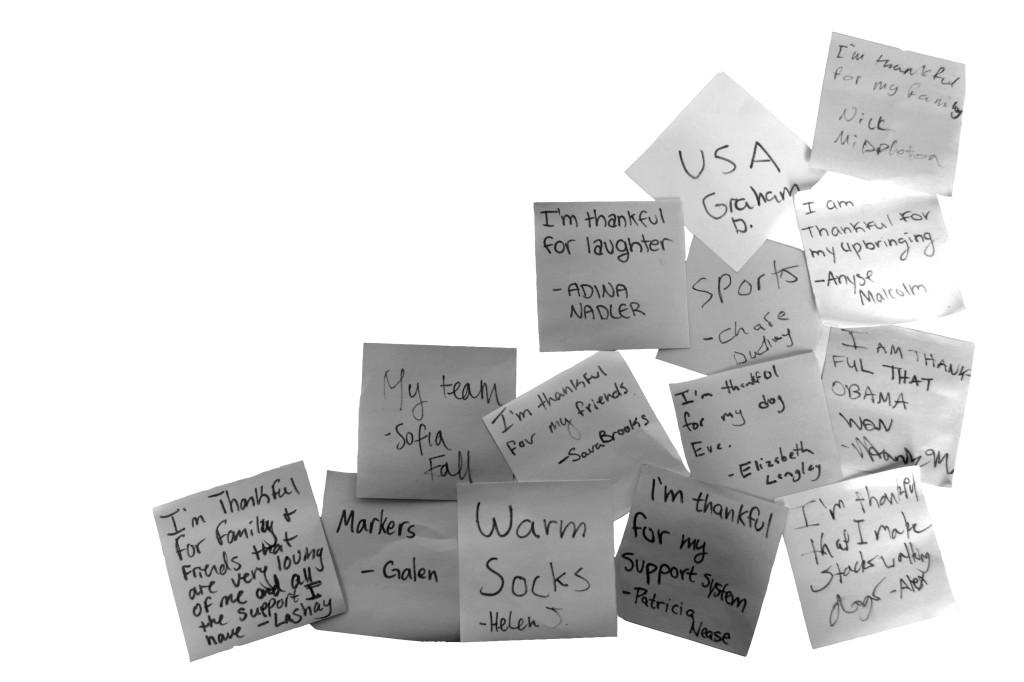
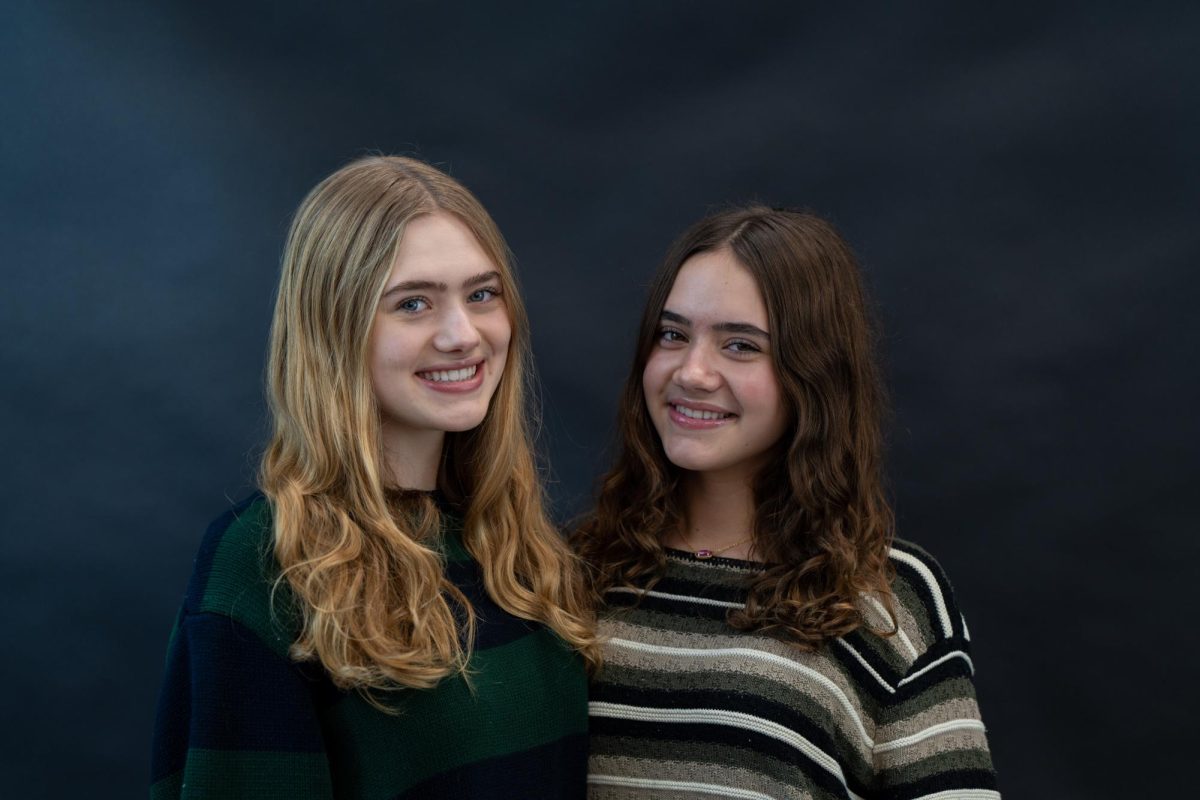
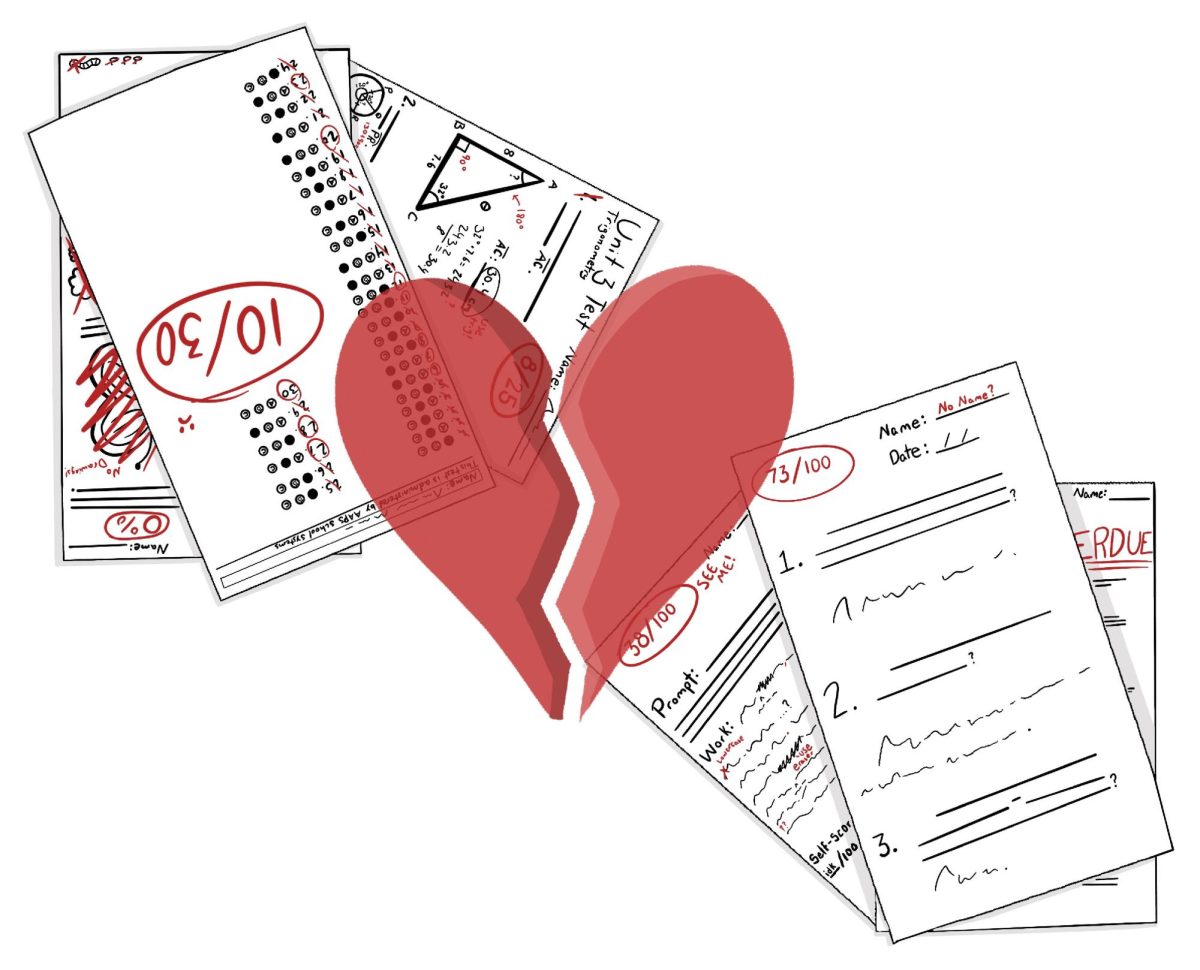
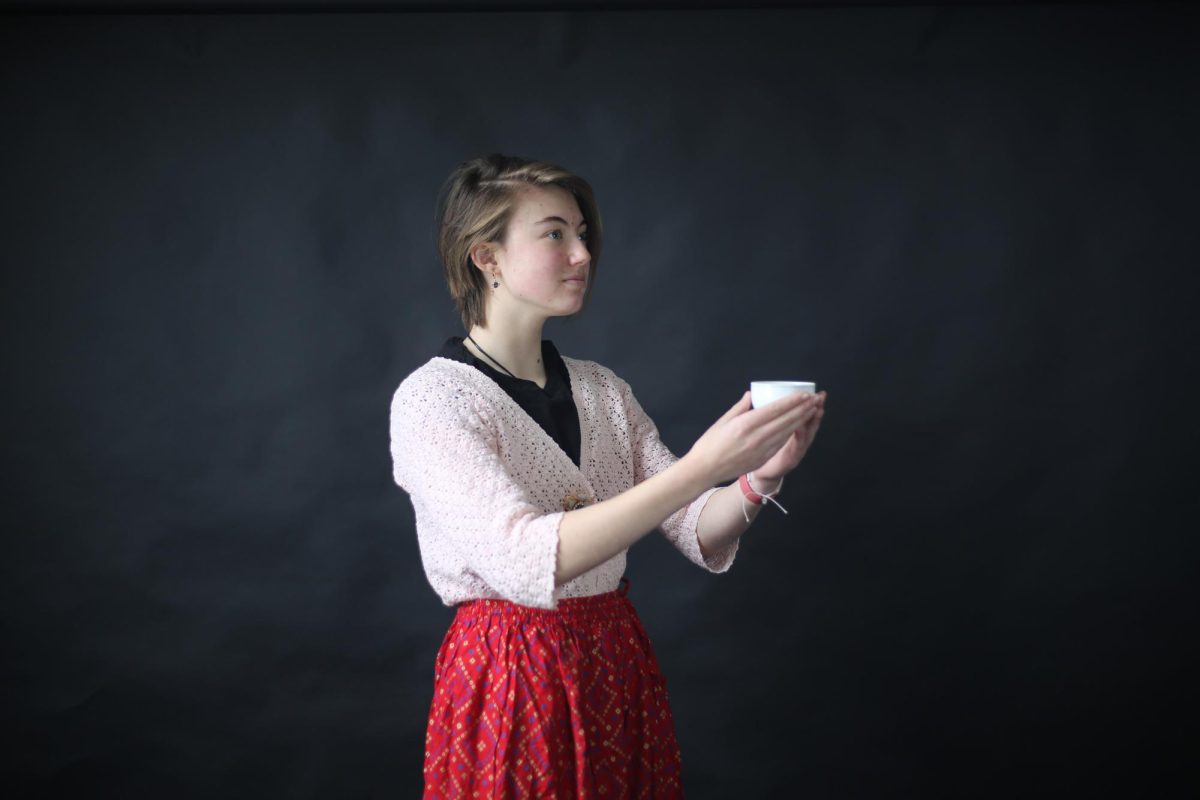
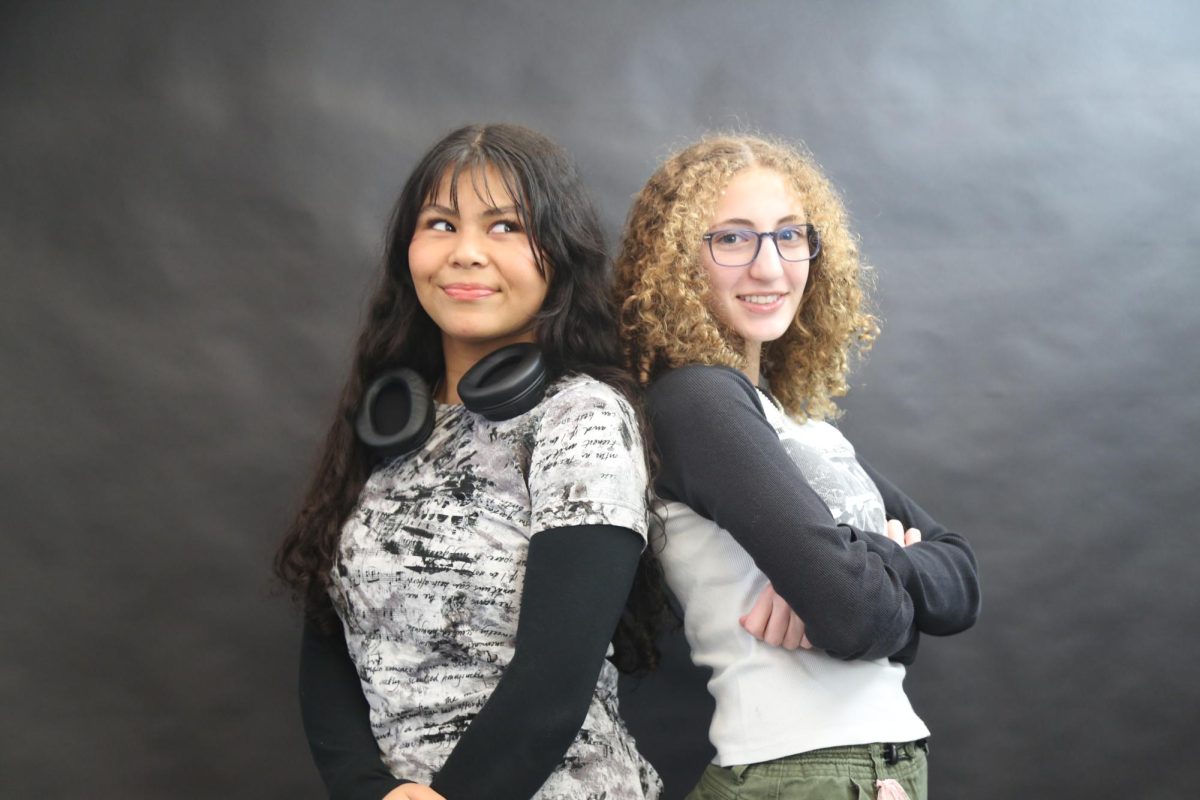
![During a CET rehearsal of the number “A Call to Pierre,” various members in the ensemble, including Maggie Williams, hold up titan tubes. Various people in the ensemble held titan tubes during some numbers in the show, and did basic choreography with them, using the lighting for emphasis. “[Having titan tubes] is a super cool addition to the show,” Williams said.](https://chscommunicator.com/wp-content/uploads/2024/04/67FXGPwwRSi7VlvWUvKuzOOZ2VN2lueTvbEBAWRQ-1200x963.jpg)

